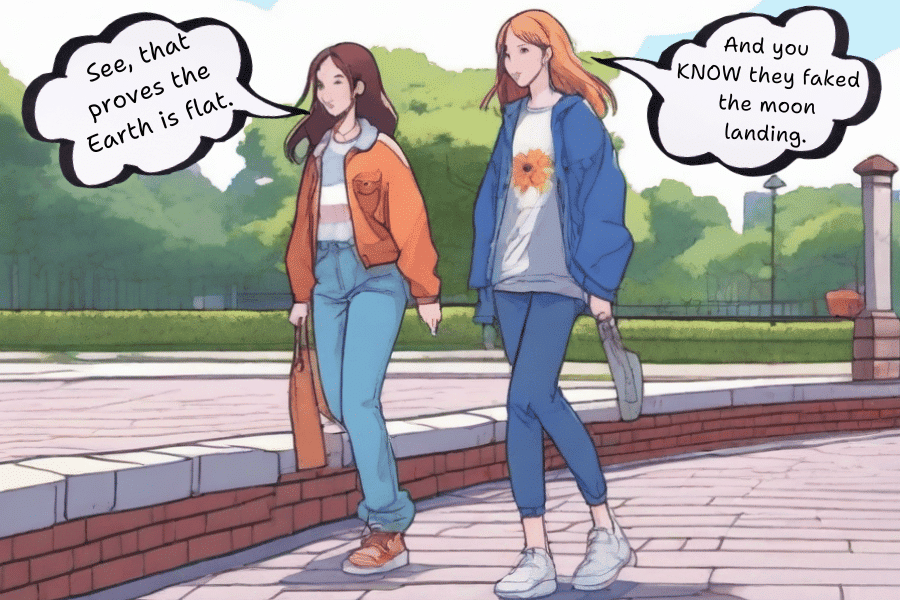
by Marcy Burstiner | 29 Nov 2024 | Journalism, Media Literacy, News Decoder Tips
Conspiracy theories are fun to argue about but they are dangerous ideas to spread. Here’s some ideas to help you avoid doing that. Two teens discuss conspiracy theories. (Illustration by News Decoder) In News Decoder’s Top Tips, we share advice for young...
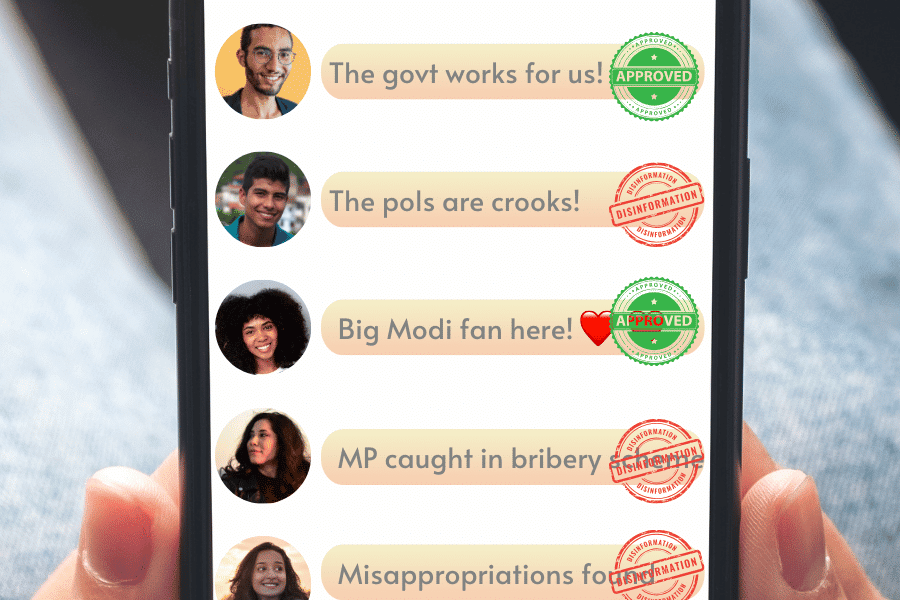
by Shefali Malhotra | 25 Nov 2024 | India, Journalism, Media Literacy, Politics
The Indian government seeks to establish a system to weed out disinformation. But it seems targeted at only posts that knock those in power. Anti-government messages get stamped with a disinformation warning on a social media thread. (Illustration by News Decoder)...
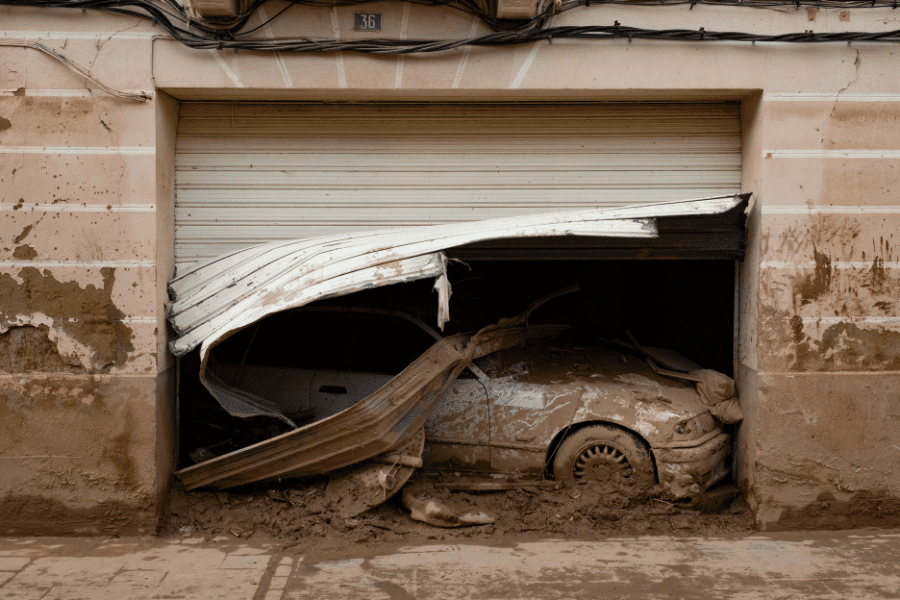
by Jurriaan van Eerten | 21 Nov 2024 | Educators' Catalog, Europe, Media Literacy
After massive floods in Valencia, fake news messages on the internet seemed targeted to intensify chaos and undermine trust in the authorities. A mud-covered car in a garage destroyed by floods in Valencia, Spain in November 2024. (Credit: Eline van Nes) This article...

by Sarah Edmonds | 13 Nov 2024 | Decoder Replay, Educators' Catalog, History, Media Literacy
Trump faked his assassination attempt. Princess Di wasn’t killed in an accident. The moon landing never happened. Why do people believe disproven ideas? Activists demonstrate against 4G/5G cell towers in Los Angeles, California, 2 May 2020. (AP Photo/Damian...
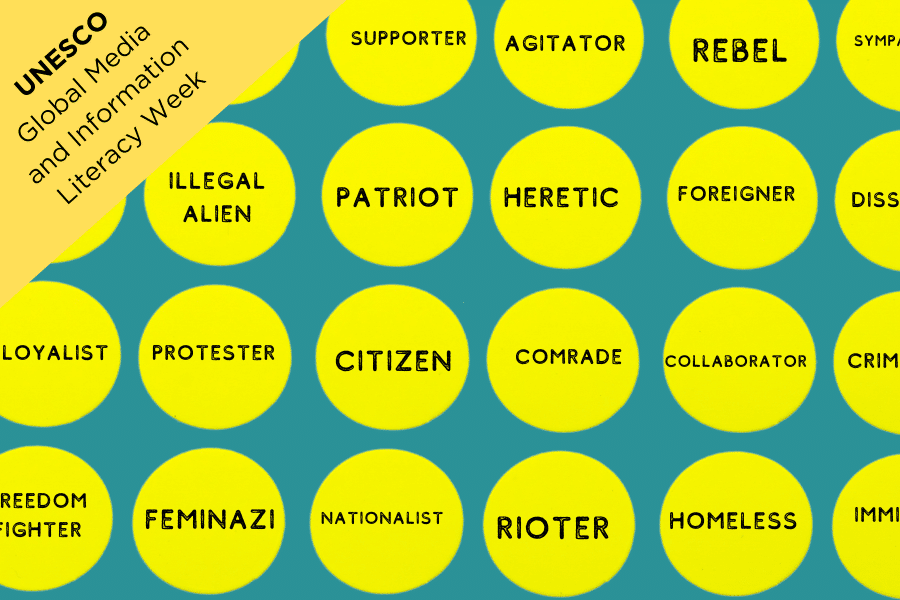
by Harvey Morris | 30 Oct 2024 | Decoder Replay, Educators' Catalog, Journalism, Media Literacy
Are the Houthis in Yemen “Iran-backed” or “Iran-aligned”? Are Hezbollah members “terrorists” or “liberators”? Labels can make a big difference. A sheet of sticker labels. (Illustration by News Decoder) From 24 to 31 October, the world marks Global Media and...
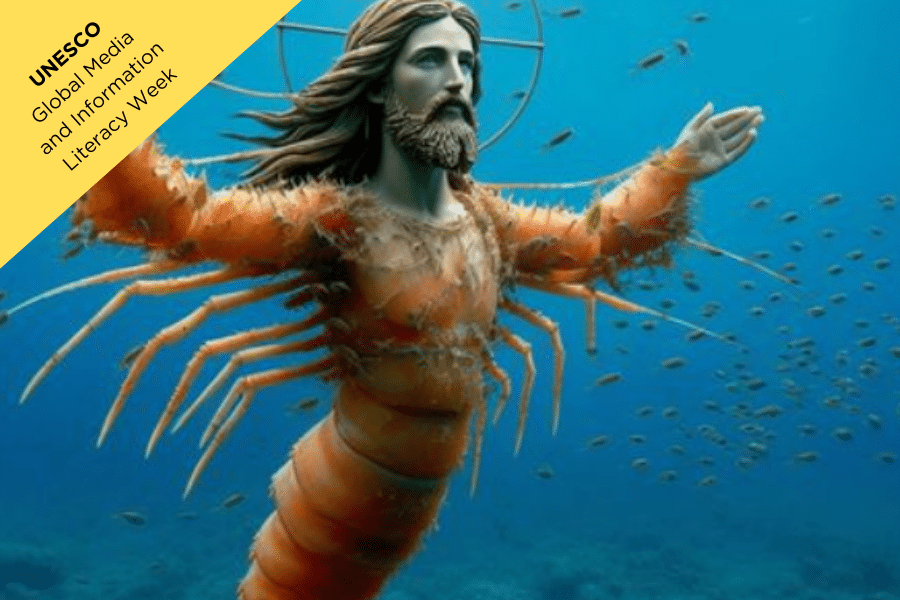
by Sabine Berzina | 29 Oct 2024 | Culture, Media Literacy, Technology
Social media users report a rise in bizarre AI-generated images. What does this tell us about the direction of viral content? The AI-generated viral “Shrimp Jesus” image. From 24 to 31 October, the world marks Global Media and Information Literacy Week, an...
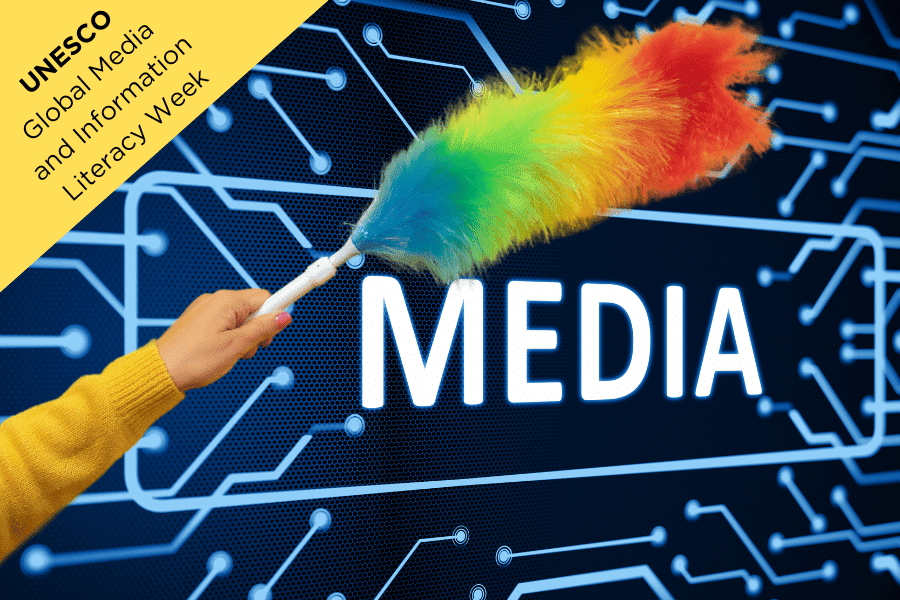
by News Decoder | 28 Oct 2024 | Educators' Catalog, Journalism, Media Literacy
Can you spot a deep fake and separate fact from opinion? How do you know what you know? Do you understand how algorithms work? We’ll help you sort it out. A feather duster over the word media. (Illustration by News Decoder) From 24 to 31 October, the world marks...
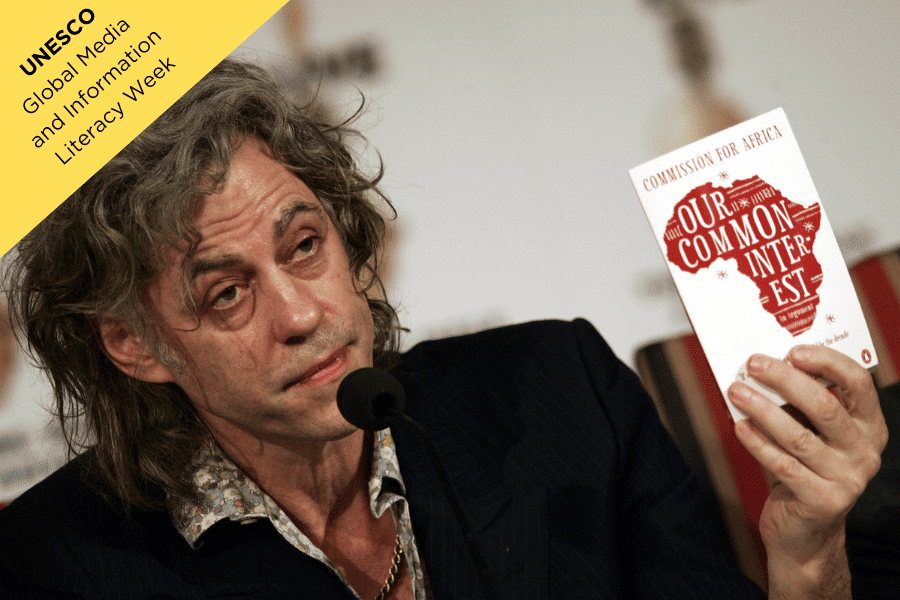
by Marcy Burstiner | 25 Oct 2024 | Journalism, Media Literacy, News Decoder Tips
Millions die of hunger in one place. No one cares. Millions are dying of hunger somewhere else and the world sends food. What’s the difference? Bob Geldof, one of the original organizers of the ‘Live Aid’ concerts in 1985, displays a copy of the...
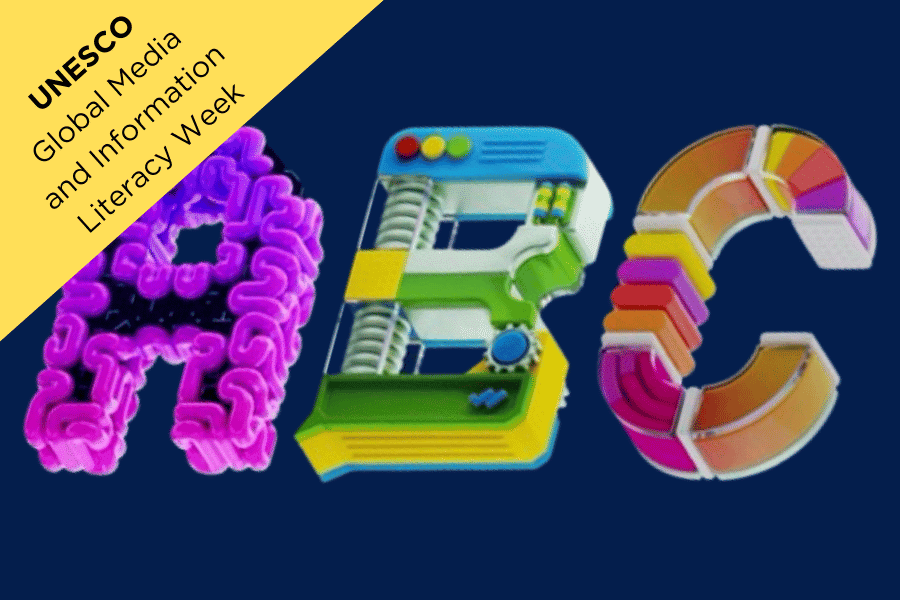
by Kaja Andrić | 24 Oct 2024 | Education, Educators' Catalog, Journalism, Media Literacy
In Finland, teaching media literacy in schools is a way to stave off the disinformation invasion that looms on its border. The design on the cover of “The ABC Book of Media Literacy.” (News Media Finland) From 24 to 31 October, the world marks Global Media...
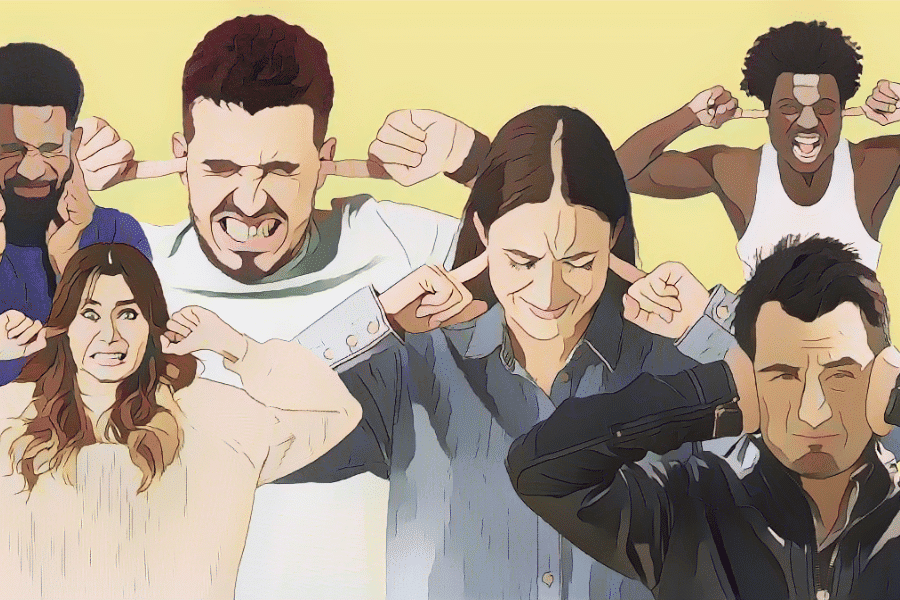
by Vicki Flier Hudson | 16 Oct 2024 | Decoder Replay, Media Literacy
These are polarising times. If we want to heal divisions and save democracy, we need to listen to views we don’t like to hear. People stick fingers in their ears to keep from hearing what they don’t want to hear. (Illustration by News Decoder) Editor’s...










